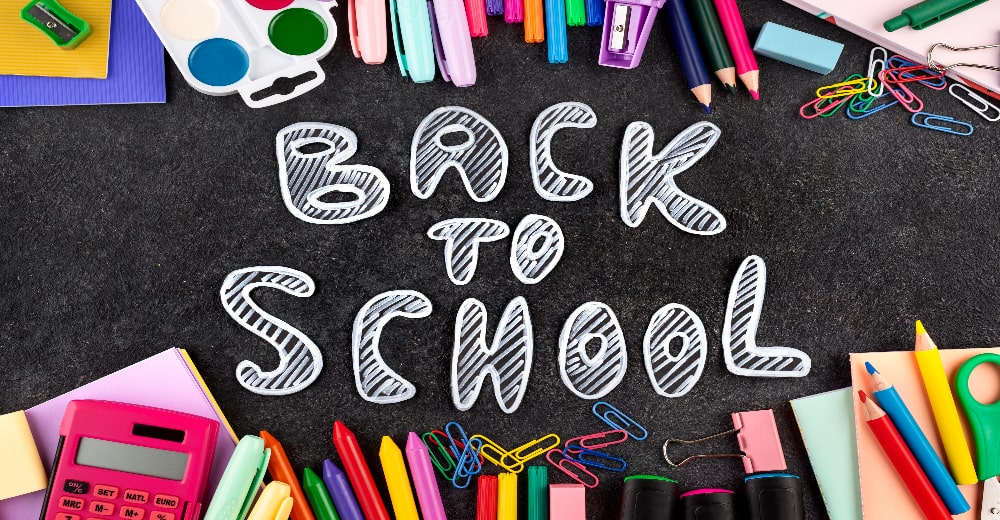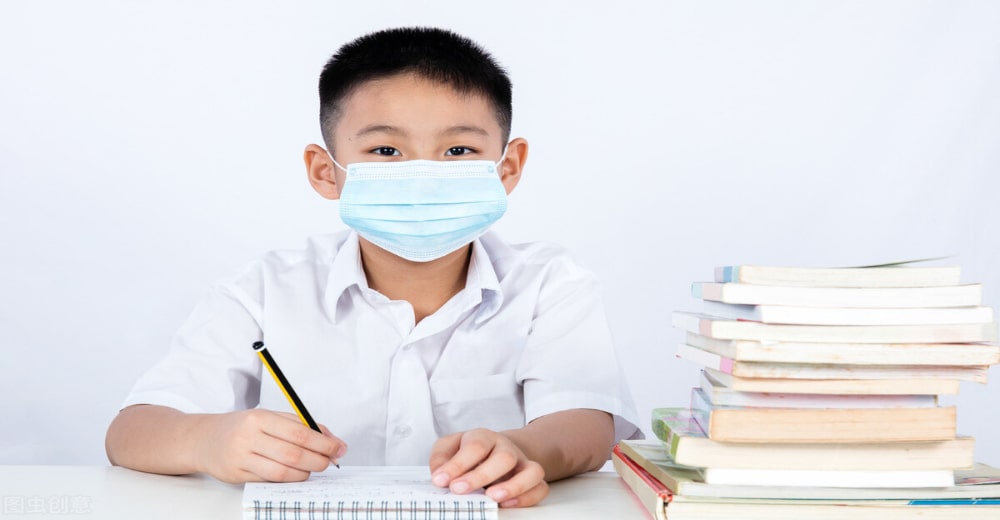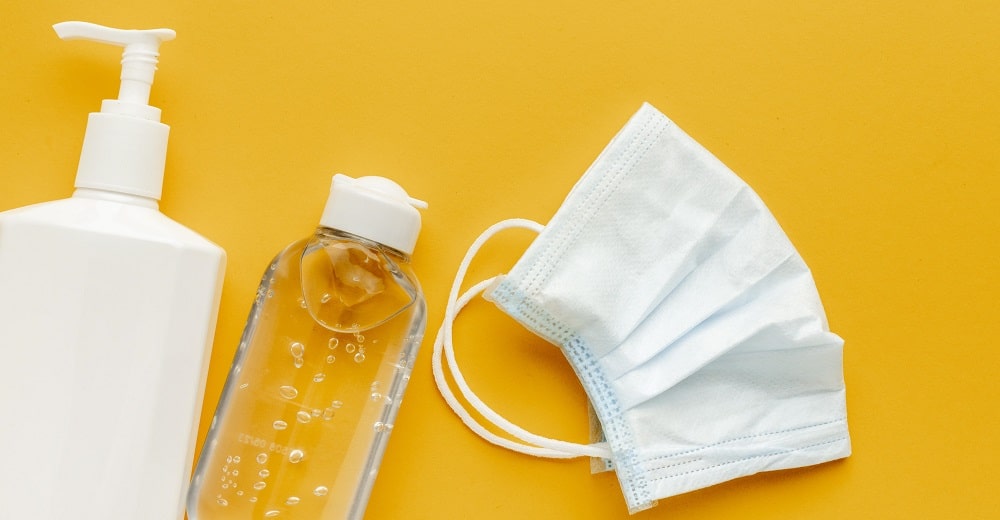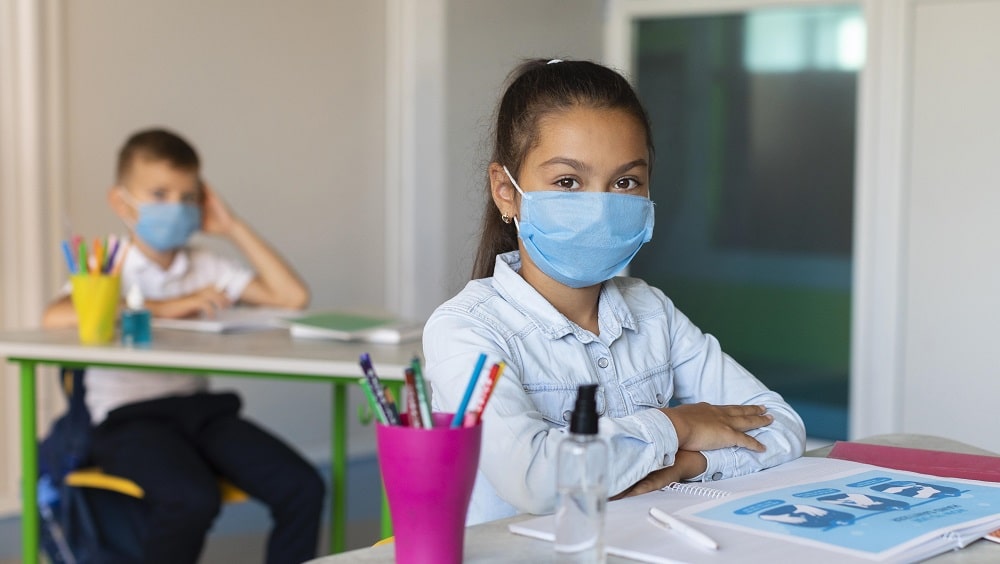As parents, we are very concerned on the safety of our children during the Covid-19 pandemic. It is a non -stop exercise, mitigating risk factors to protect our children. Returning to school during this unprecedented global outbreak is challenging for every parent with school going children. Is it safe to have children return to school during the pandemic?
Research shows that students learn more when they are in-person at school to strengthen their education and mental wellbeing, as opposed to online learning which requires self- motivation and time management. Also, interacting with teachers and friends will help construct children’s personality.
Regrettably, the ongoing threat of the pandemic is indefinite, and parents are worried of the safety of children returning to school in 2022. Parents need to help and prepare their children for safe return to school.
Questions for the Paediatric Consultant:
1. Is it safe to have children return to school during the pandemic?
Is it safe to drive a car, when motor vehicle accidents are happening on daily basis? We still drive the car, but with safety measures like wearing safety belt and following road traffic rules and regulation strictly.
Similarly, children should return to school with safety measures like wearing mask, frequent hand washing, social distancing, covering coughs , and practicing other relevant standard operating procedures (SOPs) to safeguard children’s safety to minimise the risk of transmission.
2. What is the in-person school checklist for parents?
Parents must ensure the child is up-to-date with all recommended vaccines. It is important to make sure that everyone in the household who is eligible for covid-19 vaccines is vaccinated.
Parents must also check regularly that sufficient clean mask supply for their children are in place for them to take to school everyday. Talk to your child often, make them understand the risk, prepare them on the new norm in school and SOPs that require to be followed.
Essentially, do ensure your accurate contact information is updated in the school system should the school management require to contact you in case of an emergency. An emergency contact is the first person the school will get in touch with.
3. What is the check list for a child returning to school?
a) Facemask – encourage your child on properly putting and taking off the facemask both indoor and outdoor, and explain the importance of wearing a facemask.
b) Hand sanitizer – it is important to keep the hands clean with hand sanitizer, as well to practice hand washing with soap and water at school. You can practice hand-washing with your child at home, and talk to them on the importance.
c) Disinfectant wipes – tell your child to frequently clean and disinfect touched surfaces and items to lessen the risk of illness. Give them some examples ( ie tables, keyboards, doorknobs, etc)
4. How can children be responsible in doing their part to slow the spread of Covid-19?
Practice wearing of facemask always when stepping outside the house and at school, regularly wash hands with water and soap for at least 20 seconds, and observe social distancing. You can use a measuring tape and show your child the required distance (eg: 3 feet away depending on the school’s regulation or even at home if a family member who is sick).
If your child is unwell, it is best to stay at home to reduce the spread of the virus. You must closely monitor the child’s situation, and watch out for signs and symptoms of Covid-19.
5. What key measures must the school management have in place to ensure the safety of students?
To protect students from Covid-19 and to prevent children from falling behind in their daily lessons, the school management must implement the rules set forth by the Ministry of Education.
The management must also monitor all staff and students temperature everyday, strictly ensure everyone complies to the SOP and limit unnecessary visitors to the school. Classrooms must be well ventilated to protect the children and the reduced number of students in a class can enable teachers to monitor SOP compliance closely.
6. What precautions should be taken during physical activities and extra curricular indoor activities?
Safe activities during the Covid-19 pandemic is necessary to protect students. The school must limit the number of participants during each activity and ensure all participants are well.
Outdoor activities in open-air is preferred over indoor activity, as the risk of infection is much lower outdoors to that of indoors spaces. With fresh air constantly moving, the droplets can get diffused in outdoors activity.
7. Is it important to vaccinate a child prior to returning to school during the pandemic, and is there an age factor?
Yes. Influenza vaccine can be given to all children above 6 months old. Malaysia government has recently conditionally approved Pfizer COVID vaccine for 5-11 years old.
8. Is there a difference in safety measures between kindergarten, primary and secondary school going children?
Generally the concept is the same, which includes checking daily temperature, everyone wearing mask, frequent hand washing and maintaining social distance. However, for the younger age groups (kindergarten), it can be daunting, and parents may need to supervise and monitor more vigilantly as the young child may not understand and follow SOP easily.
9. How can parents play an active role in ensuring the safety of their children returning to school?
Parents should always communicate with the school authority, and comply with the school SOP. They are responsible to report if there is any positive or suspected Covid-19 case in their household. They must keep their children at home if their children are unwell.
While a return to school is welcomed, the mental health of your child is equally important when returning to school during the pandemic. There will be children feeling anxious, or having difficult emotions going back to school after the long lock down period.
Parents should help their children feel at ease during school reopening. Reassure your child about the school’s safety measures in place to protect them, and speak to them about the positives.
Article by :
Dr Yeoh Chiou Yen (Anne), Consultant Paediatrician
Sri Kota Specialist Medical Centre, Klang






